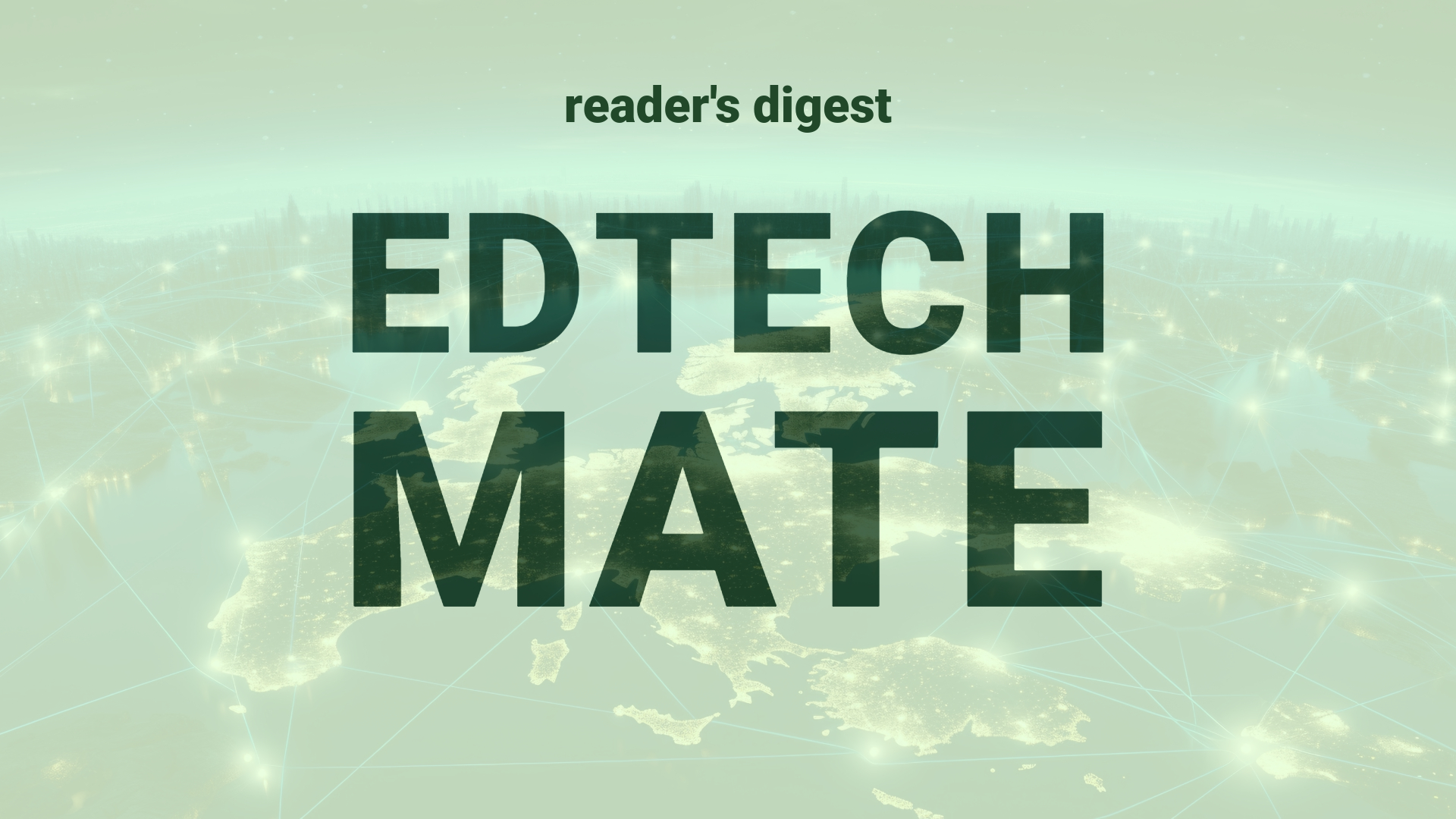Executive Summary and Main Points
In a significant digital transformation initiative, Spain’s national broadcasting company, Radio Televisión Española (RTVE), has awarded a 4.35 million euro tender to Telefónica for email services. As indicated by the State procurement portal, this procurement underscores the necessity for a specialized provider with the technological resources required to ensure service quality. The adjudication’s imperative includes designing an optimal service model for RTVE, alongside its implementation involving setup, activation, operation, and maintenance of the necessary platforms to integrate with RTVE’s corporate network and other communication services. RTVE is currently utilizing Microsoft Office365 for email and cloud collaboration services, catering to approximately 6,500 users with both personal and generic email accounts.
Potential Impact in the Education Sector
This collaboration showcases the importance of strategic partnerships and digitization in providing robust communication infrastructures. Higher Education institutions could benefit from similar approaches by seeking partnerships with technological firms for their digital services. The presence of such reliable platforms could lead to enhanced collaboration and productivity in Further Education and pave the way for advanced digital ecosystems conducive to Micro-credentials, supporting lifelong learning and continuous professional development.
Potential Applicability in the Education Sector
The application of this procurement model to global higher education systems signals a shift towards leveraging AI and digital tools for improved administrative and academic operations. Education institutions can adopt cloud-based solutions for their communication needs, streamlining processes and facilitating collaboration. The integration of AI can further enhance user experience by personalizing services and offering predictive maintenance, reducing downtime and ensuring service reliability.
Criticism and Potential Shortfalls
Critiques of such projects often cite the risks of single-vendor dependence, which could lead to compromised autonomy and potential vendor lock-in. To illustrate, the exclusive contract with Telefónica raises questions about competition and innovation. Disparities in digital transformation across international case studies, such as varying levels of technology adoption in educational institutions, must be considered. Ethical and cultural implications also emerge, particularly in data security and privacy, which are critical in an education environment where sensitive student and research data are handled.
Actionable Recommendations
Leaders in international higher education should consider the following strategic steps to leverage technology effectively:
- Assess and partner with reputable tech providers for robust digital communication services while ensuring contingency plans to avoid vendor lock-in.
- Implement cloud-based solutions with a focus on interoperability and customization to serve diverse educational needs.
- Invest in AI enhancements for predictive analytics, personalized communication, and maintenance, but ensure ethical use of data.
- Establish clear data governance policies prioritizing security and privacy within the educational sector.
- Incorporate feedback from diverse international educational systems to align digital transformation strategies with cultural and ethical values.
By considering these recommendations, educational institutions can navigate the complexities of digital transformation while bolstering their communication infrastructures and services.
Source article: https://www.cio.com/article/2137496/rtve-adjudica-a-telefonica-el-servicio-de-correo-electronico-por-435-millones.html

